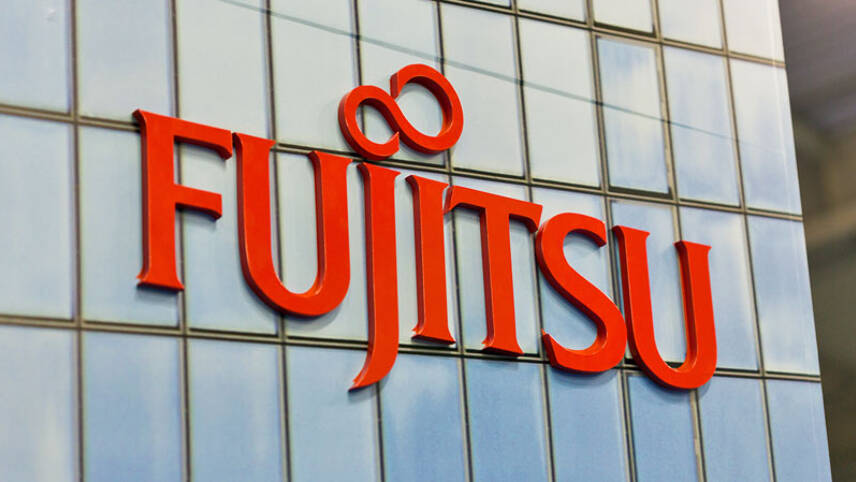Register for free and continue reading
Join our growing army of changemakers and get unlimited access to our premium content

The Japanese technology giant announced this week that it has revised its roadmap to net-zero and had new 2040 climate goals verified in line with the Science-Based Targets Initiative’s (SBTi) Net-Zero Standard.
Under this standard, which is open to large businesses, firms must reduce absolute emissions across all scopes by at least 90% by 2050 at the latest.
Fujitsu has chosen a 2030 deadline to reduce operational emissions by this extent, plus a 2040 deadline for cutting indirect (Scope 3) emissions across the value chain in line with the SBTi’s Net-Zero Standard. The firm had previously set a 2050 deadline for net-zero operational emissions. Its new targets are set against a fiscal year 2020 baseline.
Looking at the residual emissions in 2050, Fujitsu has stated that it will address these using a mixture of man-made and nature-based carbon removal solutions. Its preferred nature-based option is reforestation and forest creation, while, in the man-made technology space, it will invest in direct air capture (DAC).
Energy transition
Fujitsu is notably a member of the Climate Group’s RE100 initiative, which unites businesses in targeting 100% renewable energy. It has, to support its new net-zero timelines, pledged to source 100% renewable electricity for operations by 2030.
Fewer than 70 Japan-based businesses have set such targets, as the nation’s electricity mix is dominated by gas and coal. Markets for business renewables procurement are not as mature as in other markets such as Europe and North America.
The most recent RE100 annual progress report, released this January, states that Japan is one of the world’s most challenging markets for corporate renewable energy procurement, along with China, Singapore and the Republic of Korea. The average RE100 member with operations in Japan was able to meet just 15% of their energy demand with renewables in 2022.
Related news: NGOs call on SBTi to increase standards for corporate climate targets
Related news: Business giants including Amazon named and shamed for flouting SBTi pledges


Please login or Register to leave a comment.